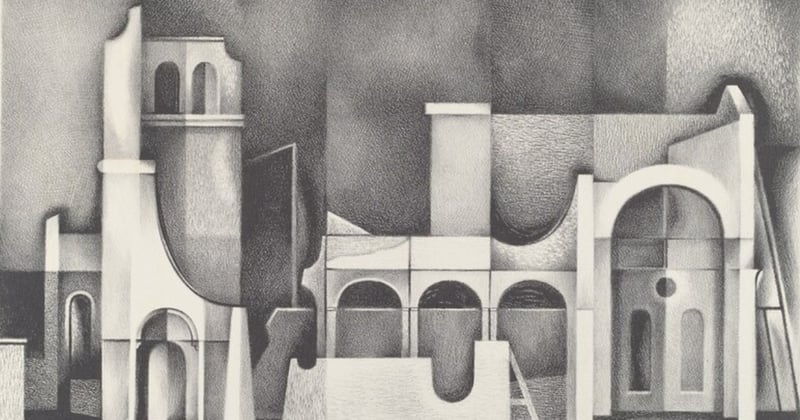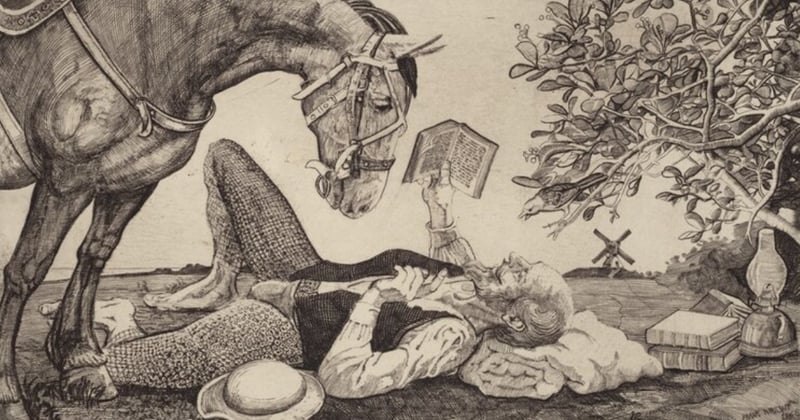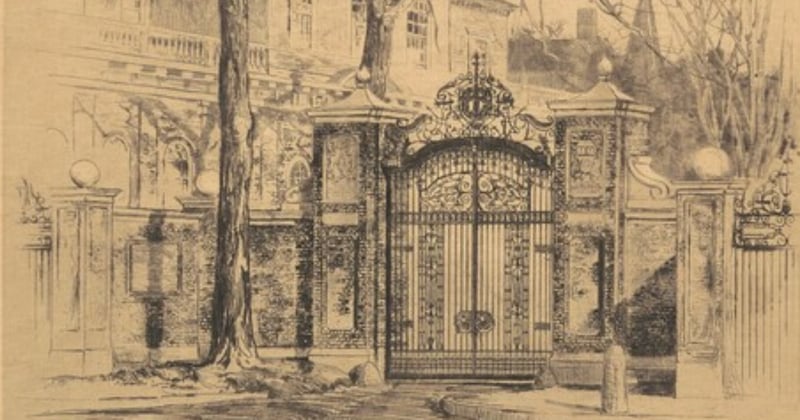- The Scholarly Letter
- Archive
- Page 1
Archive
The DigestThe Digest

EssayEssay

Anti-University: Scholarship Before, Within, and Beyond The University
Private universities now receive government funding, public universities prize industry partnerships, and liberal arts colleges emphasise the development of graduates capable of contributing to a nation's economic prosperity and security.
The DigestThe Digest

The DigestThe Digest

EssayEssay

The DigestThe Digest

EssayEssay

The DigestThe Digest

Scholarly Crisis, New Labs, Old Preprints, and Unexpected Beauty
The authors conclude that current cutting edge deep research models can understand the task they must perform, but are unable to search for and synthesise the information needed to complete it - not surprising to anyone who has interacted with an AI model in the context of research.
The DigestThe Digest

EssayEssay

The DigestThe Digest

